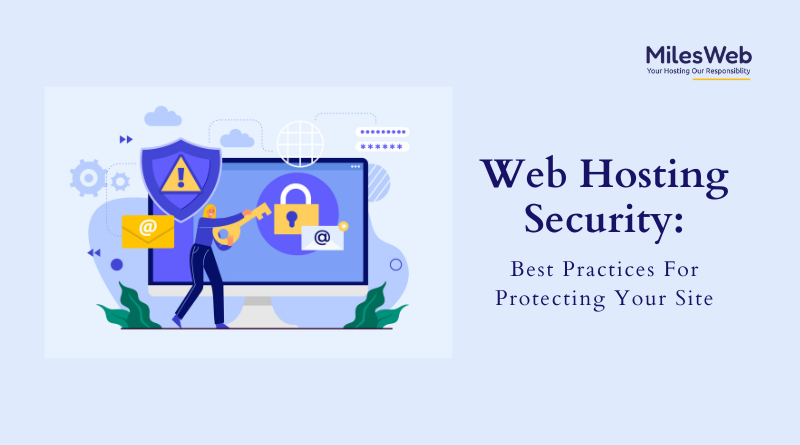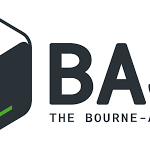Did you know that 45% of cyber attacks target small businesses, and around 60% of those businesses close within less than 6 months of a breach? These shocking statistics specify the need for sturdy website security. If you are running a small business or a complex web application using codeigniter hosting in India, your website is a potential target for hackers. With the rapid growth in cyber threats, securing your website is more important than ever.
Web security is not merely about securing your website data; it’s about protecting your brand reputation using best security practices. From large-scale e-commerce hosting platforms to those using the cheapest Python hosting for projects, the outcome of poor security can be disastrous. In this article, we will discuss the essential factors and best practices to safeguard your website from upcoming cyber threats.
Why is Website Security so Crucial?
With the rapid growth in cyberattacks, no website is safe from threats. However, search engines like Google flag websites with security risks, leading to a sudden fall in traffic. Even a minor traffic drop can lead to a serious commercial loss. Thus, investing in a secure web hosting provider like MilesWeb is crucial for the reputation of your online business.
1.Choose a Secure Web Hosting Provider
The initial step in safeguarding your website should be choosing a reliable web hosting provider; that prioritizes website security. The ideal web hosting provider employs an extensive approach to streamline website data and security. For instance, MilesWeb offers robust security features, which contain daily backup services, malware scanning, and firewalls to defend your website against various vulnerabilities.
2.Implement SSL Security
SSL security is important to encrypt data; transferred between users and web servers. It restricts unauthorized access to confidential data. Generally, a reliable web hosting provider makes it easier to integrate an SSL certificate, while web hosting providers like MiesWeb offer fully-encrypted SSL certificates, as a part of their web hosting plan at no extra cost.
3.Backup and Restoration
Keeping your website backup is important for effortlessly recovering from accidental data loss or cyberattacks. Ensure your web host provides automated backup services for advanced protection along with a single-click data retrieval method. If any issue arises, you can easily restore your website’s previous backup to restore its initial condition.
4.DDoS Protection
Distributed Denial of Service attacks can deeply impact the website, causing it to fail or become inaccessible. To effectively deal with DDoS attacks, it is important to understand its nature and implement the necessary security measures. So look out for a web host who offers sturdy DDoS mitigation techniques to detect and manage such attacks, ensuring that your website remains operational and secure.
5.Software Updates and Patching
Websites hosted on a CMS are more vulnerable to attacks as they utilize a high number of third-party plugins and applications. Moreover, hackers often attack outdated software to gain access to websites to steal confidential information. Thus, it is highly recommended to keep your website framework, plugins, themes, and applications updated. Whether you are using any frameworks like WordPress, Codeigniter, or Python, keeping your software up to date is compulsory.
6.Strong Passwords and 2-factor Authentication
Ensure that all your admin accounts have strong passwords that are updated frequently; this practice can decrease the chances of security breaches. Additionally, employing 2-factor authentication can add an extra layer of security by utilizing a second form of verification by another device or application.
7.Web Application Firewall
Using a sturdy web application can secure your website by monitoring and filtering the incoming traffic. Web Application Firewall (WAF) blocks malicious traffic and safeguards your website against most common SQL injections, cross-site scripting, DDoS attacks, and much more. Many secure hosting providers, including MilesWeb, provide WAF to avoid downtime and keep your website secure from vulnerabilities.
Conclusion
It is completely possible to keep your website safe and functional if proper security measures are put in place. By performing the best practices, like choosing a secure web host like MilesWeb, to deploying security features like SSL, WAF security, strong passwords, regular backups and updates, anyone can experience a secure online presence.
Moreover, regularly monitoring your website’s security status and updating your security measures will ensure seamless protection of your online identity, enhancing your website’s efficiency, and contributing to its long-term success.




